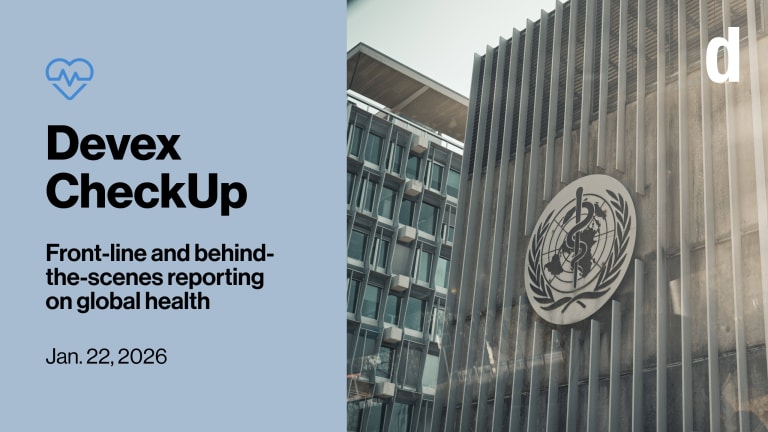Opinion: In DRC Ebola crisis, every red line has been crossed

The international community must urgently apply the hard-won lessons from previous outbreaks of Ebola to the Democratic Republic of the Congo, where the country’s deadliest outbreak rages across its conflict-hit eastern provinces.
“The international community always seems to be one step behind the epidemic.”
—The World Health Organization’s latest figures show 542 confirmed and probable cases of Ebola, which causes debilitating fevers and sometimes hemorrhaging, and kills about half of those infected, since the outbreak in DRC began in August. It is second in severity only to the West Africa epidemic that killed more than 11,000 people after erupting in 2014.
The crisis is made all the more complex by DRC’s two-decade armed conflict. Dozens of militant groups have displaced more than 4.5 million people, and the number of Congolese requiring humanitarian assistance has doubled since last year to 13 million. More than 1.5 million people live in the Ebola affected zones of North Kivu and Ituri provinces, located close to the borders with Uganda, Rwanda, and South Sudan. Recently, the poor security environment prompted the U.S. government to withdraw experts from the Centers for Disease Control and Prevention who specialize in fighting Ebola.
More on the DRC Ebola outbreak:
► No emergency declaration for Ebola, WHO says
► The Ugandan communities a border away from Ebola
► Ebola resurfaces in DRC, response stifled by ongoing conflict
Within the constraints of this difficult context, the DRC Ministry of Health is leading the international medical response with WHO, but more support is urgently needed — specifically, funding for more agile partners who are already on the ground in conflict-hit areas, and are now on the frontlines of the epidemic too.
Many of these partners, such as my organization Mercy Corps, already have long-term and trusted relationships with communities. We are securing safe access to water as well as training health care workers, school administrators, parents, children and the general public on Ebola and how to prevent the disease. Training traditional health practitioners in their response helps us to address the population’s fears and misconceptions about Ebola and disseminate accurate information.
Community engagement is going to be critical to curbing the spread of Ebola and controlling this epidemic.
Mercy Corps’ experience in Liberia in 2015, when we launched an awareness campaign that reached more than half the country’s population across thousands of villages, taught us that information is one of the primary tools in combating the spread of Ebola. The success of that program was based on our work with more than 70 local partner organizations who could engage trusted community leaders. In places where trust in the government or outsiders is weak and resistance to treatment by the local population is strong, empowering local networks is central to containment. Community and religious leaders, women, youth and student groups are all part of an essential local network that creates a surveillance and alert system for medical responders.
“Community engagement is going to be critical to curbing the spread of Ebola and controlling this epidemic.”
—And yet the international community always seems to be one step behind the epidemic. Despite a promising experimental vaccine, there are whole areas in the conflict zone that are inaccessible to large relief agencies.
A curfew in densely populated North Kivu has slashed the number of hours available to treat victims and work on prevention. Continuing armed group attacks impede the medical response, and the huge number of people forced to flee exacerbates the rate of Ebola transmission.
Medical experts see no end in sight, with WHO warning the disease is likely to spread well into 2019, especially after it reached the city of Butembo, home to nearly a million people, this month.
Inadequate and short-term funding is a major barrier. Financing just the medical response without simultaneously supporting community engagement undermines the efficacy of the overall response, as does funding that just focuses on the emergency at hand.
Building out a comprehensive response to the outbreak is our best shot at containing this epidemic, preventing future recurrences, and alleviating the suffering of the population of North Kivu who is affected by a continuing armed crisis.
For too long, the humanitarian crisis in eastern DRC has been ignored. A lack of infrastructure, weak governance, and stunted economy has only intensified the suffering of the Congolese. But this resource-rich country heads to the polls on Dec. 23, which could signal change for the African nation.
Let’s not undermine this by failing to provide adequate support for the worst Ebola epidemic to strike the country.
Search for articles
Most Read
- 1
- 2
- 3
- 4
- 5








